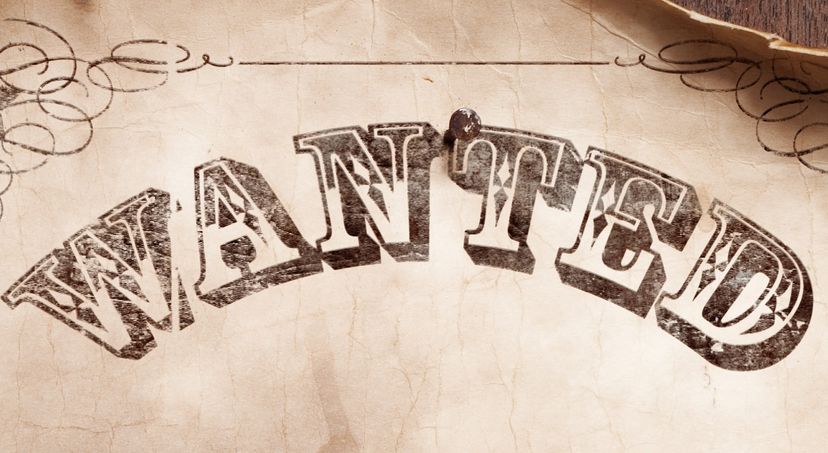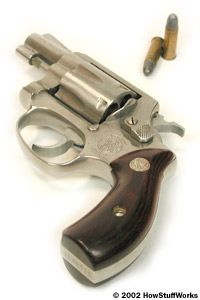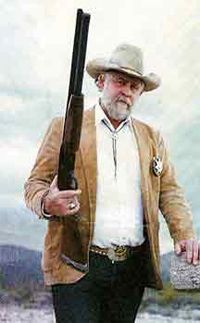
In the Wild West, when outlaws like Jesse James and Butch Cassidy roamed the land, local sheriffs didn't have the resources to track them down alone. So they put up "Wanted" posters offering huge rewards for their capture (Jesse James was worth $5,000 -- big, big money at the time). Bounty hunters answered the call, tracking the bad guys relentlessly for a piece of the reward money. They did anything it took to bring in the outlaws, "dead or alive."
Today, the stereotype of the rogue bounty hunter remains, even though most modern bounty hunters are trained and licensed professionals. The Wild West free-for-all has been transformed into a real business and an integral part of the American justice system.
Advertisement
In this article, we'll find out how bounty hunting works, learn the history of the profession and follow Bob Burton, one of the country's top bounty hunters, on the search for a fugitive.
When you watch a news story that involves an arrest, you may hear something like, "Bail was set at $100,000." Bail money is set to ensure that the person who is charged with the crime shows up in court. The more serious the crime, the higher the bail amount. For the most dangerous criminals, no bail is set at all -- they must remain in police custody.
Not everyone who is accused of a crime can afford bail money, which can run into the hundreds of thousands (if not millions) of dollars. In those cases, a bail bondsman will step in and put up a bail bond -- sort of like a loan -- in return for a percentage (usually 10 percent) of the total bail. The bail bondsman will then secure a bail bond from an insurance company. The bail bond acts as insurance guaranteeing that the accused will show up for his or her scheduled court appearance. But if the accused decides to skip town and miss the court appearance (which about 20 percent do), the bail bond must be paid -- and it's the bondsman who must pay it. (For this reason, bondsmen usually require collateral from the accused, such as property or a car title.)
Because bondsmen are liable for the bail bond amount, and the police can't always find their man (or woman), many bondsmen hire a professional bounty hunter -- or bail enforcement agent, as they prefer to be called -- to track down "skips." More than one bounty hunter may be assigned to the same case, but professional agents tend to shy away from cases with too much competition.
In return for their services, bounty hunters typically receive anywhere from 10 percent to 20 percent of the total bail bond. An experienced bounty hunter who works 80 to 150 cases a year can earn anywhere from $50,000 to $80,000 annually. But the hours are long and grueling -- sometimes 80 to 100 hours a week, and the work is tough. "As bounty hunters, we're driving around bad neighborhoods, talking to stupid people, drinking cold coffee, and looking for bad guys -- and they talk about the glory of it all," says Bob Burton, director of The National Enforcement Agency. The real reward, he says, is the adrenaline rush that comes from making an arrest. Burton refers to it as "adrenadollars" -- "For every buck we make arresting someone, we make $1,000 in adrenadollars."
By their own accounts, bounty hunters are more effective than the police. According to the National Association of Bail Enforcement Agents, they nab nearly 90 percent of all bail jumpers.
Advertisement


